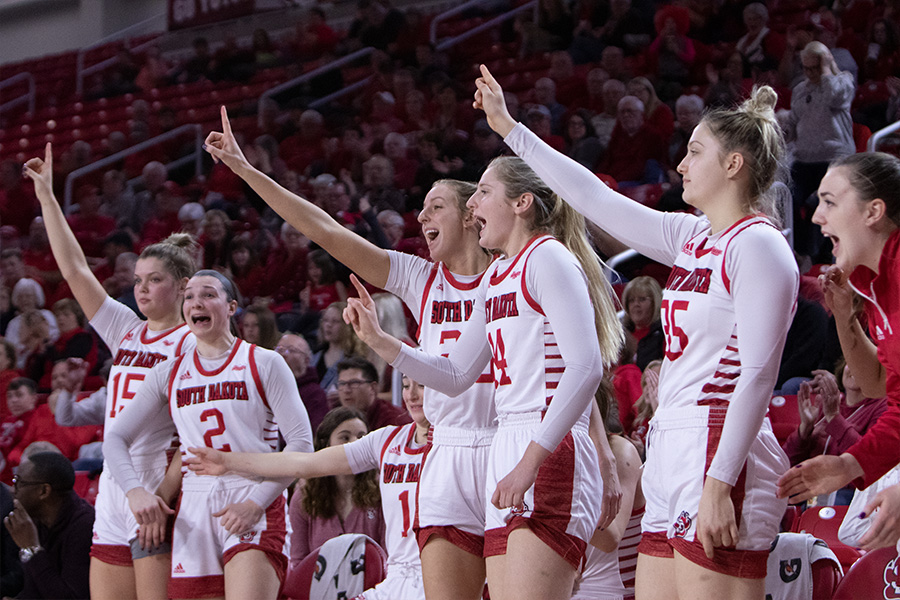Correction: Iowa Pipeline Story
DES MOINES, Iowa (AP) — In a story July 9 about a proposed pipeline across Iowa, The Associated Press reported erroneously the description of voluntary easement agreements that Dakota Access says it has secured. The company says it has voluntary easement agreements for 60 percent of property along the proposed pipeline route, not easement agreements with 60 percent of landowners.
A corrected version of the story is below:
Groups submit opposition against oil pipeline across Iowa
Groups opposing oil pipeline across Iowa submit more than 2,600 written statements against it
By BARBARA RODRIGUEZ
Associated Press
DES MOINES, Iowa (AP) — Groups opposing plans to build an oil pipeline across Iowa submitted written statements against the project Thursday and criticized Gov. Terry Branstad for what they say is his selective neutrality.
About 40 people from Iowa Citizens for Community Improvement and the Bakken Pipeline Resistance Coalition gathered outside the offices of the Iowa Utilities Board in Des Moines to submit more than 2,600 written statements.
“This huge hazardous liquid pipeline is threatening our land, our water and our very livelihoods, if not lives,” said Brenda Brink, a CCI member.
The pipeline would transport up to 570,000 barrels of crude oil daily from North Dakota through South Dakota and Iowa to a distribution center in Illinois, and is projected to be operational by late 2016 if approved by state regulators.
The Iowa Utilities Board, a three-member board appointed by the governor, has authority to approve critical parts of the project over land use. The board requested the statements as part of its process for deciding whether to allow Dakota Access, LLC, a unit of Dallas-based Energy Transfer Partners, to use the land if it secures enough approval from landowners. The company must also secure permits from other agencies.
Among the opposing groups’ concerns are the environmental effects of a potential oil spill and the legal process for seeking easements to use private land for the pipeline.
“There’s not enough money in the world that they can give us to cross our land, they’ll never do it,” said Dick Lamb, a landowner in central Iowa who would be affected.
Dakota Access spokeswoman Vicki Granado said the company looks forward to continuing to work with Iowa landowners. She said the company to date has voluntary easement agreements for 60 percent of property along the proposed pipeline route, though critics have been skeptical of the number.
Legislation that would have offered more protections to landowners who oppose the pipeline failed to garner enough support this session.
A decision is expected by the end of the year, though the groups argue the board needs to take more time to listen to the public.
The groups also argued Thursday that Branstad should publically oppose the pipeline. They noted the governor made comments in June to a panel of U.S. Environmental Protection Agency officials where he supported more renewable fuels in the county’s gasoline supply. CCI spokesman Nathan Malachowski said the comments showed Branstad should speak up about the pipeline.
Branstad spokesman Jimmy Centers said the governor supports Iowa residents voicing their opinion on the pipeline and it’s ultimately up to the board.


